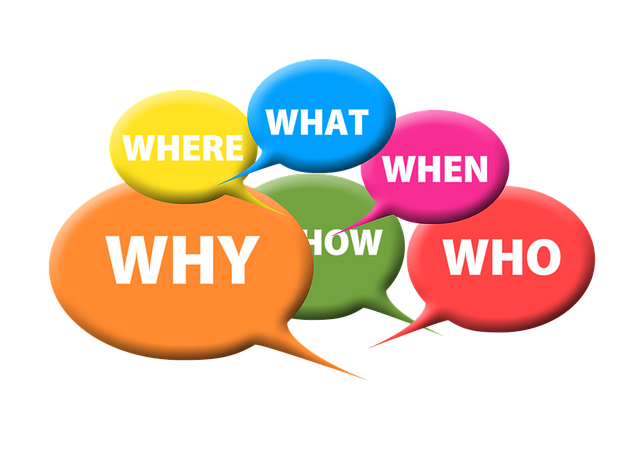Edplace know you love carrying out investigations!
Whatever your feelings about science, you're a naturally curious human being and, therefore, an investigator. It might be trying out a new food you've never tried (taste investigation), trying out a new movie at the cinema (entertainment investigation) or even seeing whether eating blueberries really does turn your tongue blue (chemical staining investigation)!

If we take it as a given that you love investigating things, when it comes to doing an actual investigation, one of the vital aspects of it is writing the report on what discoveries you have made.
After all, a great deal of thought and effort has gone into it and it's really important to tell the world what you've found out. This is how new important information is spread around, from how to make a screen touch-sensitive to how to make truly holographic TV, from how to grow plants on Mars to how to grow a steak in the lab!

You begin any investigation with an idea of you what you want to test, your prediction and a hypothesis.
Then you planned how you were actually going to try to find out the answer. You then end up with lots of data which needs to be sorted out to see whether it led you to the answer to your original question. Then, of course, lots of other ideas popped into your head along the way: "That won't work because ...", "It would have worked better if I'd ...", "Perhaps next time I could try ..." and so on. Ideas for improvement and further work all goes into your report.
So, let's have a look at what your report on your investigation should look like. We're going to join Willow and Zara who are trying to find out whether their ideas about how sensitive our skin is are correct, according to where on our bodies we're being poked!









